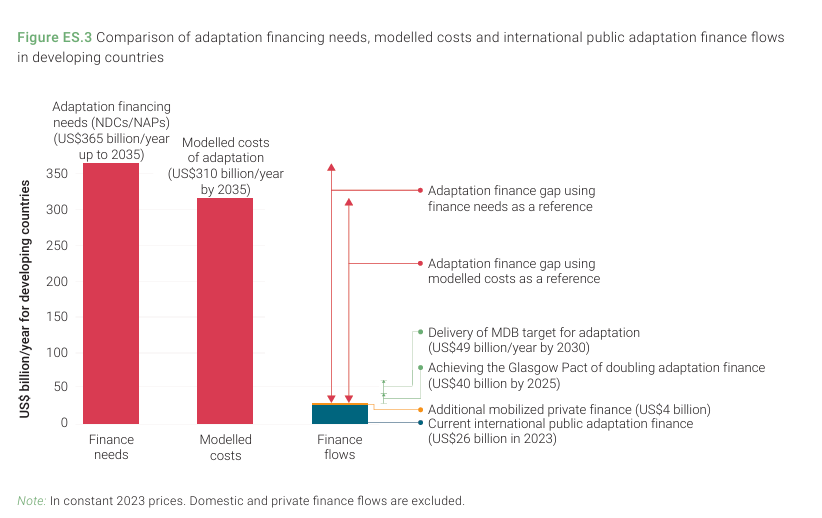You're all caught up—no notifications available.
Explore All Exams at KGS

All Exams
Explore All Exams at KGS
Khan Sir Courses
Geography I Polity I History | World Map I Indian Map I Economics I Biology
UPSC & State PSC
UPSC I BPSC I UP-PSC I MP-PSC
State Exams
UP I Bihar I MP | Rajasthan
NEET | JEE | CUET | Boards
NEET | JEE | CUET | Boards
Defence Exams
NDA I CDS I CAPF I AFCAT I SSB I Agniveer
Police Exams
UP SI | Bihar SI | Delhi Police | UP Constable
SSC Exams
CGL I CPO I CHSL I MTS I SSC GD I Delhi Police
Foundation Courses
Physics I Chemistry I Biology I History I Geography I Polity I NCERT I Math I English | Map I Reasoning
Railway Exams
RRB | RPF
Teaching Exams
TET | Teaching | UGC
Banking Exams
SBI | RBI | IBPS
Engineering Exams
Civil | Electrical | Mechanical
UGC NET
UGC NET/JRF
Current Affairs provides you with the best compilation of the Daily Current Affairs taking place across the globe: National, International, Sports, Science and Technology, Banking, Economy, Agreement, Appointments, Ranks, and Report and General Studies

Syllabus:
GS-3: Conservation, environmental pollution and degradation, environmental impact assessment
Context: “The Adaptation Gap Report 2025: Running on Empty (AGR)” was released on a day when the Caribbean Island of Jamaica lies devastated by the impact of Hurricane Melissa.
Key Highlights of the report
• Rising Adaptation Costs:
• Funding Shortfall: International public adaptation finance fell to USD 26 billion in 2023, down from USD 28 billion the previous year, creating an adaptation finance gap estimated between USD 284 billion to 339 billion annually.
• Slow Progress on Climate Finance Goals:
• Increasing Adaptation Planning: About 172 out of 197 countries now have at least one national adaptation policy, plan, or strategy.
• Limited Private Sector Participation: The private sector contribution to adaptation finance currently stands at USD 5 billion and may rise to USD 50 billion annually with targeted policy action and blended finance approaches, but this is inadequate compared to the overall funding gap.
• Risk of Maladaptation: Out of 172 countries that have implemented a national adaptation strategy, 36 are having instruments that are outdated or have not been updated in over a decade.

Recommendations from the Report
• Adopt International Collaborative Frameworks: Implement frameworks like the Baku to Belem Roadmap from COP29 to ensure coordinated and equitable adaptation funding mechanisms.
• Integrate Climate Resilience in Financial Decision-Making: Financial actors should incorporate climate risks and resilience metrics into investment and credit decisions to scale up adaptation funding.
• Accelerate Adaptation Planning and Implementation: Countries should update outdated adaptation plans and move swiftly to implement effective resilience-building strategies aligned with national circumstances.
• Call for Non-Debt Creating Finance: Grants and concessional (low-cost) financing mechanisms are essential to prevent increasing debt burdens for vulnerable countries, enabling sustainable adaptation investment.
About the Report
• Publishing Institutions: It is released by UNEP in partnership with the Copenhagen Climate Centre, with inputs from various international organisations and climate experts.
• Key Focus Areas: The report identifies gaps in adaptation finance, evaluates the effectiveness of adaptation plans, and outlines the challenges faced by developing nations in strengthening climate resilience.
Sources:
UNEP

NCERT Books
Resources
We love learning. Through our innovative solutions, we encourage ourselves, our teams, and our Students to grow. We welcome and look for diverse perspectives and opinions because they enhance our decisions. We strive to understand the big picture and how we contribute to the company’s objectives. We approach challenges with optimism and harness the power of teamwork to accomplish our goals. These aren’t just pretty words to post on the office wall. This is who we are. It’s how we work. And it’s how we approach every interaction with each other and our Students.
Come with an open mind, hungry to learn, and you’ll experience unmatched personal and professional growth, a world of different backgrounds and perspectives, and the freedom to be you—every day. We strive to build and sustain diverse teams and foster a culture of belonging. Creating an inclusive environment where every students feels welcome, appreciated, and heard gives us something to feel (really) good about.
Get Free academic Counseling & Course Details
